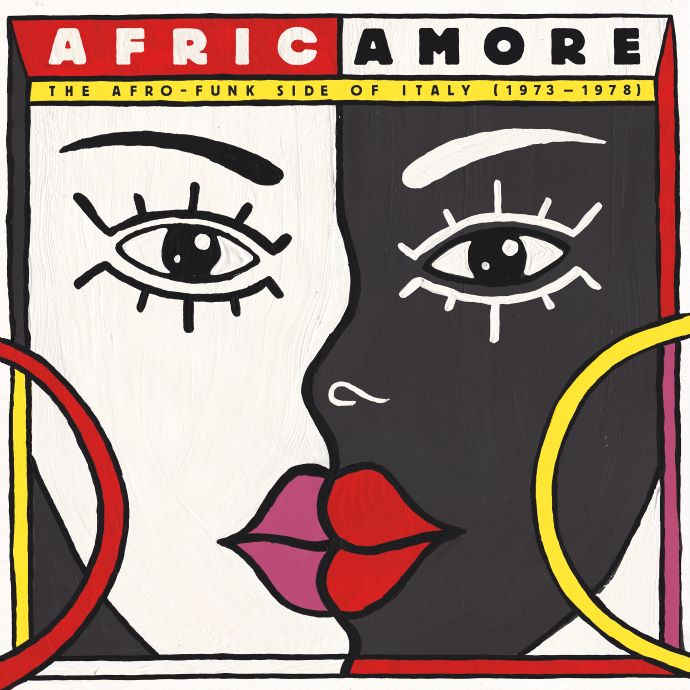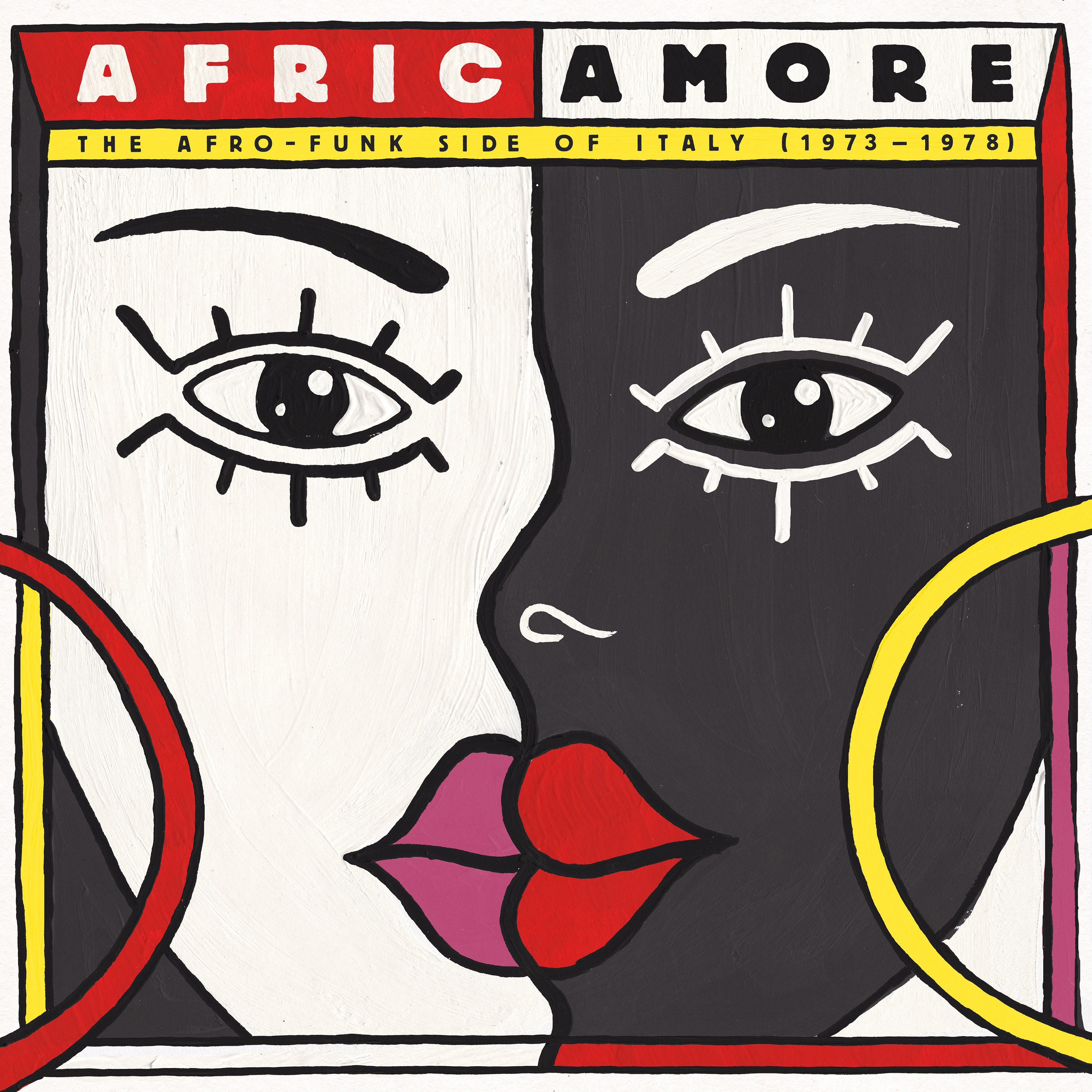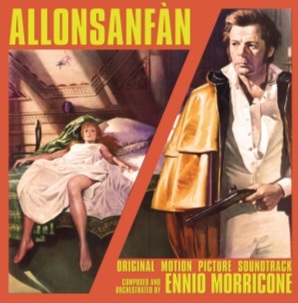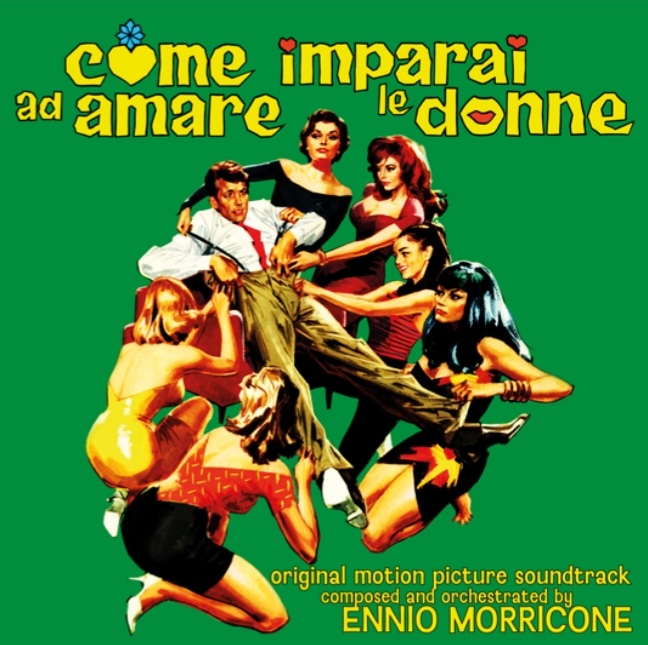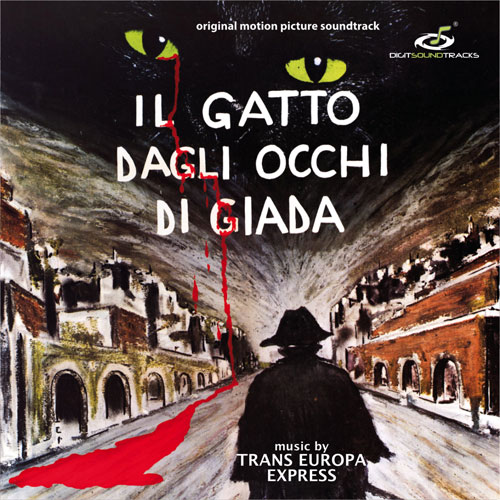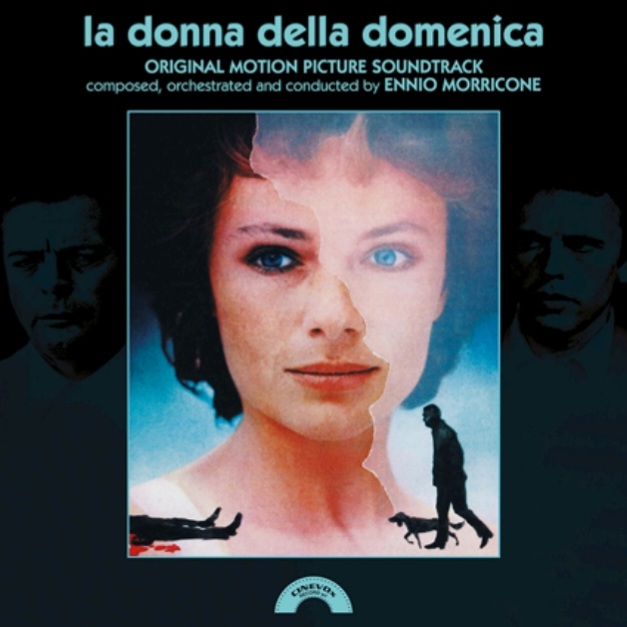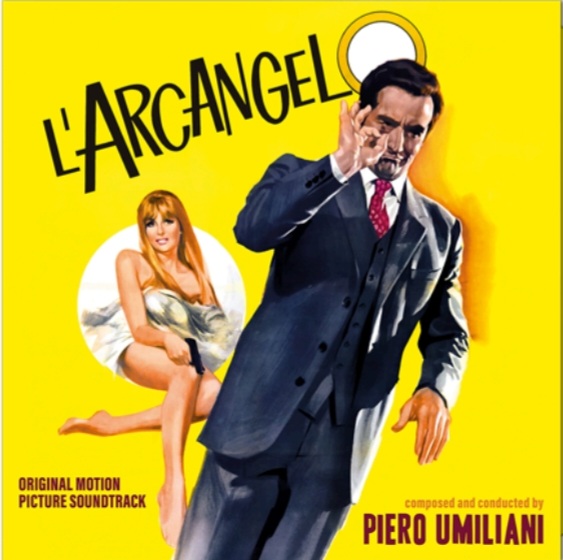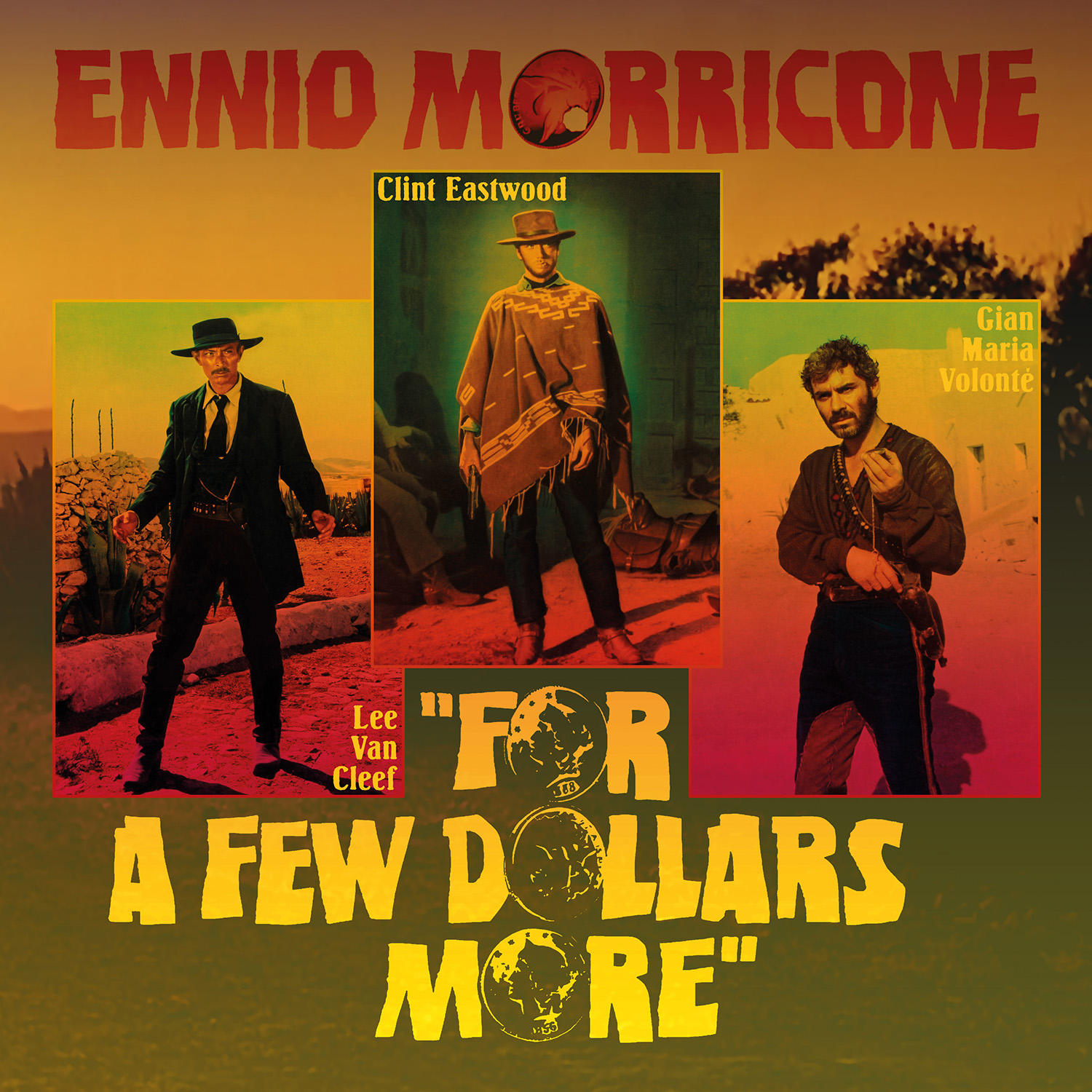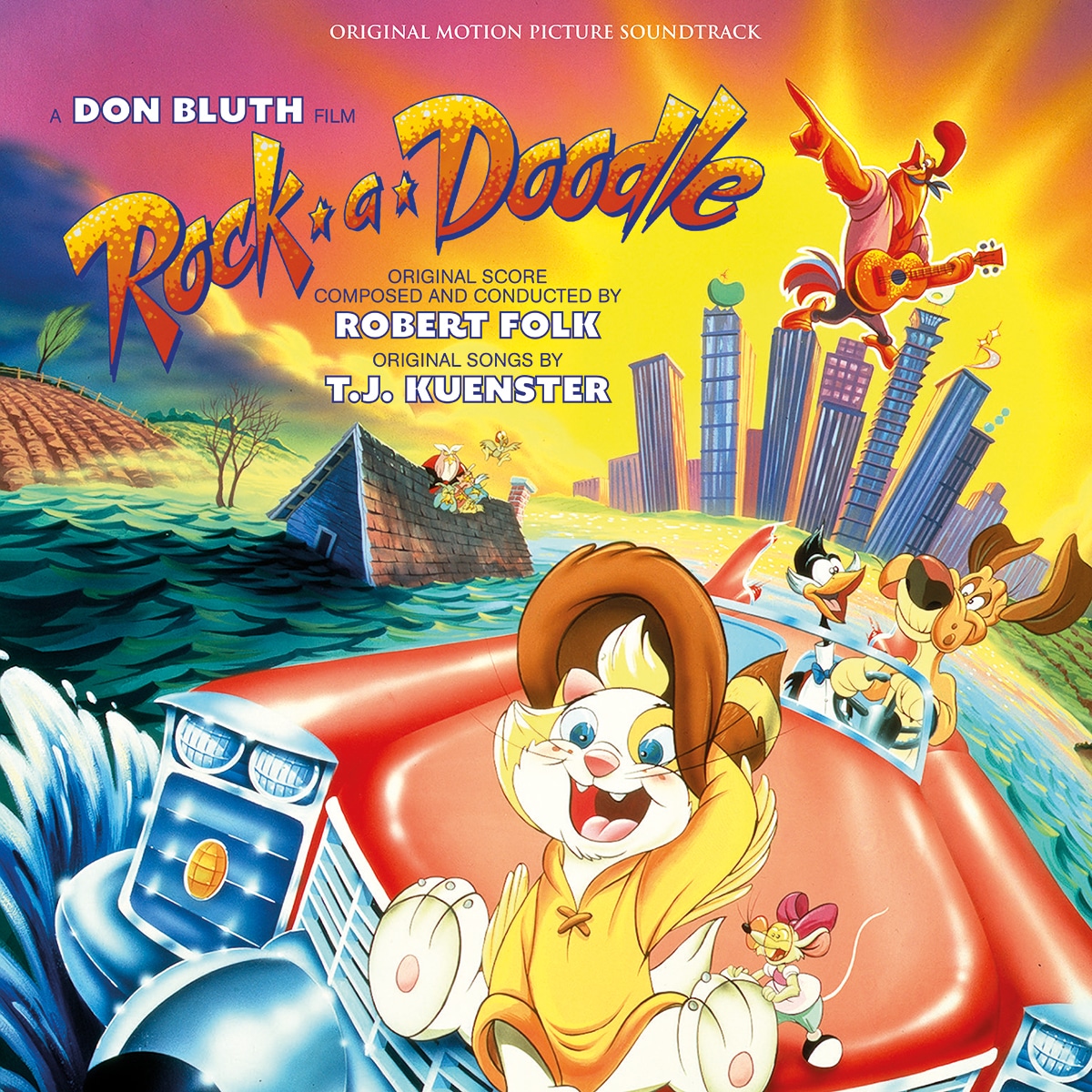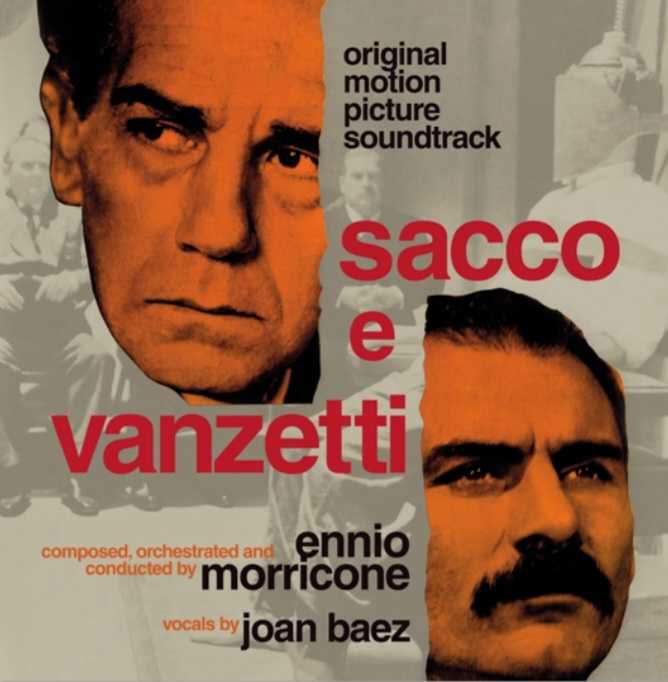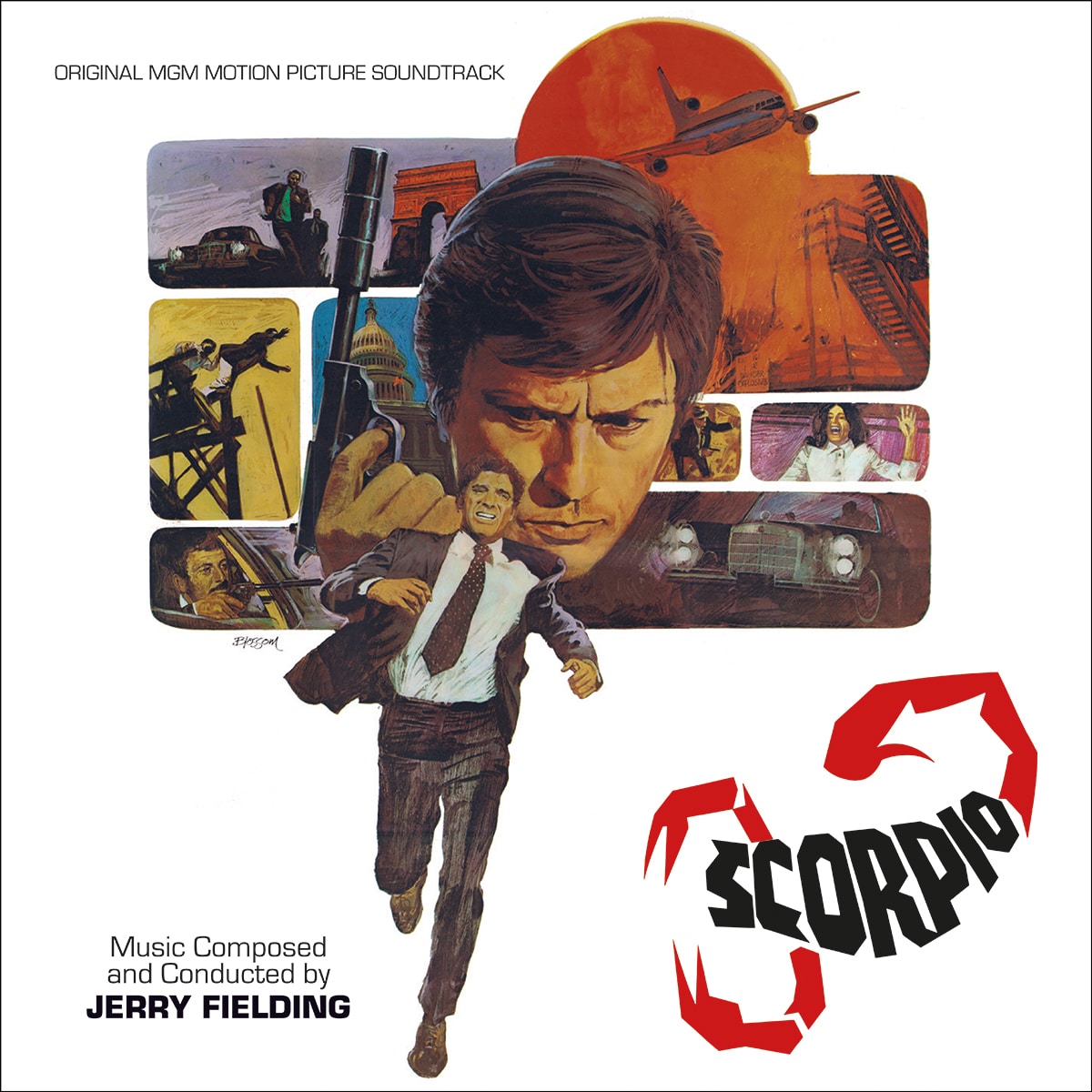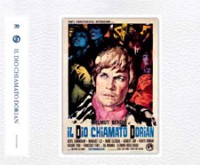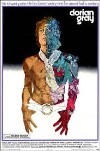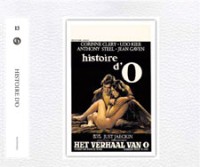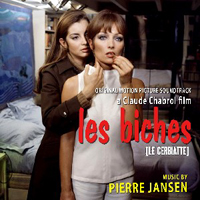Il dio chiamato Dorian (aka Dorian Gray), based on the novel ''The picture of Dorian Gray'' by Oscar Wilde, directed in 1970 by Massimo Dallamano. The myth of Dorian Gray is placed in the late sixties London. Dorian Gray is a very beautiful fashion model who meets the aspirant actress Sybil Vane and they fall in love for each other. Meanwhile, his friend Basil concludes his realistic painting with his face and Dorian, fascinated with the picture, proposes the devil to exchange his soul for eternal youth and beauty. The music score is signed by the noted Italian composer Peppino De Luca, a musician sadly passed away prematurely years ago, who has given a lot in the field of the Beat, Jazz and Bossa music. A very fascinating and unique score regarding its sonorities: romantic and a little haunted main theme for the character of Dorian; background music of the Swinging London is given by a lot of Beat music, Bossa music with choir; experimental music, cocktail party music with Henry Mancini's vein and renaissance music with pop arrangement between Vivaldi and The Beatles. Il Dio chiamato Dorian is one of the 30 titles from the Sugar's collection dedicated to the soundtracks that have made the history of film music. The collection will be released on March 13rd in a completely remastered version and with a new look edition. All the title of the series have been enriched with a text by Marco Muller, movie producer, critic and director of the most important film festival. He affirms: Cinema is the place where music becomes something different, carving for itself a specific role within a whole where it is as important as visual composition, editing , time and movement. Without music cinema would lose one essential element of its nature. Whenever important musicians have worked with important film-directors their strong individual personalities have always struck a balance where great music made a great film stronger and vice versa. These adventurous stories of Italian (and not only Italian) cinema are the subject of this well-thought re-proposition of the CAM catalogue. A selection of its greatest titles offering the opportunity to divert from a concert program of modernist music, or an alternative to light pop, to venture into a new continent just waiting to be (re-)discovered. |





